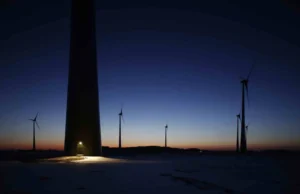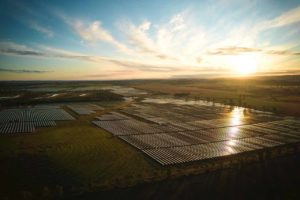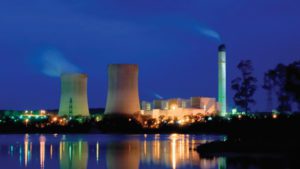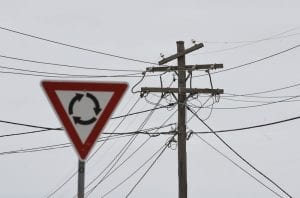Chinese coal miner Baofeng Energy has announced that it has commenced construction of what it believes will be the world’s largest solar-powered hydrogen plant.
Being built in the Ningxia Hui autonomous region of northwest China, the new RMB1.4 billion ($A309 million) solar-powered electrolysis project is designed to produce 160 million cubic metres of hydrogen each year, plus another 80 million cubic metres of oxygen.
Not a lot is known about the project as any official announcements are hard to track down for Chinese energy companies, but various reports tracing back to an article from the Chinese state-run news agency Xinhua News have suggested the company expects the facility to save 250,000 tonnes of coal consumption each year, with a 445,000 tonne reduction in CO2 emissions.
The Baofeng Energy Group is traditionally a coal mining and chemical production company but is reported as saying the new solar-powered hydrogen plant is a demonstration of how to move away from fossil fuel-based energy.
The production of hydrogen is already seen as an important step away from fossil fuel-based sources – especially for applications in the heating and transport sectors.
However, traditional hydrogen production uses a process called electrolysis, which uses electricity to split water into hydrogen and oxygen. To make this process even cleaner, many are looking to renewable energy sources, such as wind and solar, to power the electrolysis process, resulting in what many simply call “green hydrogen”.
According to reports, the new project will use two 10,000m3/hr electrolysers powered by two 100MW solar power plants, plus a 1,000kg/day hydrogeneration station, while two petrol stations will be converted to supply natural gas and hydrogen for transport purposes. Additionally, the solar panels will be installed over wolfberry and alfalfa crops which will generate additional revenue from the project.
Completion of the project, which began construction this month, is expected for some time this year, with hydrogen production expected to commence in 2021.










